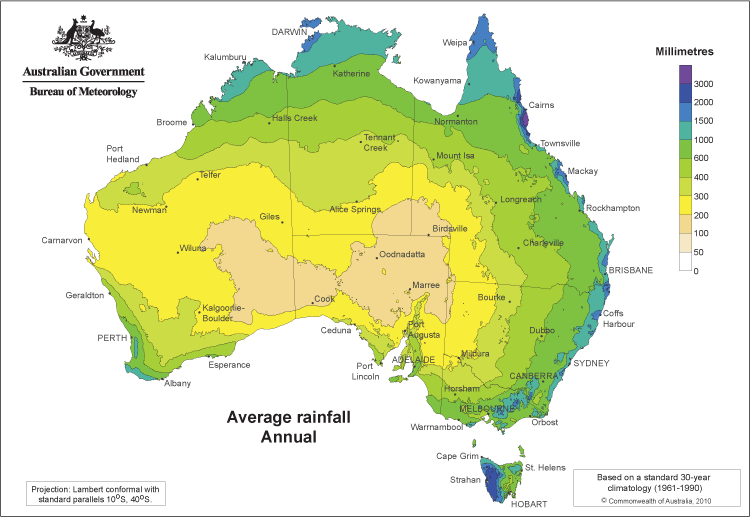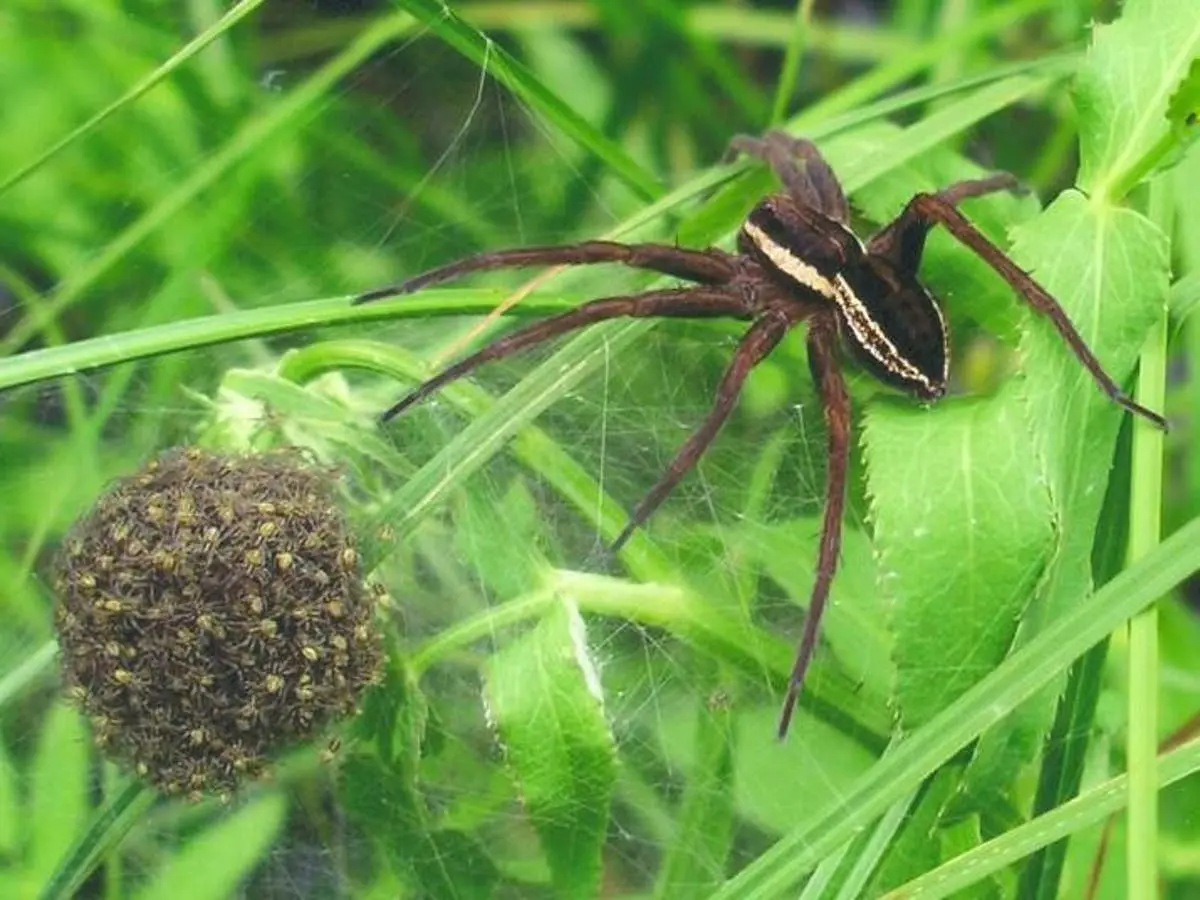- cross-posted to:
- spiders@lemmy.world
- nature@feddit.uk
- cross-posted to:
- spiders@lemmy.world
- nature@feddit.uk
The UK’s largest breed of spiders, which can grow to the size of rats and hunts fish, are making a comeback in Britain.
From near-extinction in 2010 - when only a handful remained as their wetland homes were destroyed by humans - the number of fen raft spiders are now steadily increasing thanks to recent conservation efforts.
The spiders are set to have their best year on record at nature reserves ran by RSBP.
The conservation charity revealed that the most recent survey estimates the total number of female spiders to be up to 3,750 across 12 sites in Norfolk and Suffolk Broads alone.
The spider can spin a web as large as 25cm and can grow to the size of a man’s hand.
I’m sorry what? We have a native spider the size of a rat? Why did I not know this. This is important information.
I am never leaving the house again.
Plot twist: they’re already in your house.
(I’m hacking around with Cataclysm Dark Days Ahead at the moment) Noooooo!!!
I saw one on the wall when I was staying just outside Guildford. I was in disbelief that I would see such a thing in Europe.
I thought they looked like the dock spiders we have in Minnesota, turns out they’re the same thing. Utterly terrifying but completely harmless.
Noooo reading this I thought I was safe being all the way over here :( whyyyy
I don’t think you’re likely to ever come across one if you don’t live in a lake, they have only been identified in a handful of places.
They usually are found around the shore or river banks only walking onto the water for hunting. The only spider you will mostly find in a lake are diving bell spiders.
The only spider you will mostly find in a lake are diving bell spiders.
https://en.wikipedia.org/wiki/Diving_bell_spider
The diving bell spider or water spider (Argyroneta aquatica) is the only species of spider known to live almost entirely under water.
That sounds neat.
Their bite is often described as being very painful to humans and as causing localised inflammation, vomiting, and slight feverishness that disappears after 5-10 days.
That sounds less agreeable than the giant raft spider.
Their bite is often described as being very painful to humans and as causing localised inflammation, vomiting, and slight feverishness that disappears after 5-10 days.
That sounds less agreeable than the giant raft spider.
Sentence after that:
However, solid evidence is lacking
It’s really hard to get bitten by any spider. I can’t imagine how hard it must be to get bitten by spider that lives underwater. I have to check those wiki sources …
Ah I misunderstood that a fen is actually a thing (non-native speaker here). So I correct my original post to “if you don’t live in a fen”
As a native speaker, I’ve never heard the word “fen” in my life. So, that’s probably why they didn’t say that.
Who didn’t say that?
Oh, I guess it was you who didn’t say fen. But it’s probably more correct to leave “fen” out, at least if you want to be understood. It is not s common word. I had to look it up.
they’re apparently 7cm wide including the legs, so more like the size of a mouse and even then it’s being a bit generous.
Maybe it’s a baby rat. I’m going to believe it’s a baby rat.
They hunt fish. There’s no need to worry if you aren’t fish.
If only arachnophobia were so logical
This is going to be really great for my next level one restart. I’m going to be able to get so much xp as soon as I get my hands on a dagger and a clumsily constructed wooden shield.
Devs are finally making some good changes, although small.
Wikipedia says “70 mm including the legs” btw. So not even close to the size of a rat
They are the size of rats the size of spiders.
Can’t argue with that
Doesn’t matter, arm thyself with a flamethrower anyway
Could be a baby rat.
Always uplifting to see a struggling native species doing well. Hope I get to see one of these beauties up close one day, shame they are still limited to just a few locations.
And it was that very summer, when taking a leisurely swim in one of Britain’s lakes, that ns1 got his wish, his face surfacing directly underneath an alarmed seven-centimeter giant raft spider on the hunt.
Don’t think I’d want to subject the poor spider to that, however funny it would be for onlookers!
Time to push the country into the sun.
That’s so nice! I’m so happy for them! Is there a map of exactly where they’re making a comeback so I can avoid those places particularly!
deleted by creator
deleted by creator
Up until recently I had cedar roofing and when I pulled it off there were so many spiders that got unhomed. I felt bad about that especially since I put a metal roof on and there’s nowhere for them to hide now.
The spiders got their revenge though because after I unhomed all of the spiders that were protecting my house I started getting ants or the occasional bug here or there.
Fortunately, the spiders have now moved under my decks and into the cedar siding on the house and they are once again protecting my house from unwanted pests.
I love me some spiders, I don’t want to touch them I don’t want to deal with them but when I see them hanging out I’m like cool thanks for taking care of the place my friend.
No
Wet Australia
There’s actually a narrow arc along the northwestern coast where Australia gets a lot of rain.
goes looking for a map

https://www.australia.com/en/things-to-do/nature-and-national-parks/australias-rainforests.html
A guide to Australia’s rainforests
What better way to get back to nature than under the lush green canopy of Australia’s ancient rainforests.
https://en.wikipedia.org/wiki/Great_raft_spider
In October 2010 the first introduction of a great raft spider population into a new site in the UK was carried out in a joint project by Natural England and Suffolk Wildlife Trust and supported by a grant from the BBC Wildlife Fund. The project saw around 3000 spiderlings bred and reared by Dr. Helen Smith and the John Innes Centre, 1600 of which were released into suitable dykes at the Suffolk Wildlife Trust Castle Marshes nature reserve. The site is part of the Suffolk Broads and lies 50 kilometres (31 mi) downstream, from Redgrave and Lopham fen, between Lowestoft and Beccles. Work was carried out to improve the ditch network at the site to prepare for the reintroduction and provide optimal habitat for the new spider population.
Dr. Helen Smith knew that the one great problem with the UK was an insufficient number of giant spiders running around, and she intended to remedy that.
Each spiderling was hand reared in separate test tubes and fed with fruit flies.
“Eat. Eat and grow large and strong.”
But can they eat rats?
a power struggle between the spiders and rats begins, with each slowly growing bigger to outpower each other, years pass and we have dog sized spider and rats, and dog kind joins in… a few years later we have cow sized spiders,rats, and dogs… it never ends.
And one day if rats and spiders breed, I will be remember in History as the personn who reintroduce dragons in my country 😨
It can eat them but catching and killing might be trickier.
and hunts fish
Sufficient info for me
Well if it can eat rats, I might try to introduce this specie in my niehbourhood.
Thats not a spider, this is a spider
points to all of australia.
Christ, now I know why my ancestors moved to the US, haha.
Moving from the UK to the US to escape scary animals is an… interesting choice lol
At least they didn’t get sent to Australia!
The hedgehog can, when suitably agitated, get mighty feisty. Mighty feisty indeed.
Have they seen the badgers we get over here??
I hope it wasn’t to try to escape fishing spiders because the US has 9 from the same genus. And Dolomedes tenebrosus is even larger than our European ones.
and how would that explain people moving to Australia
deleted by creator




















